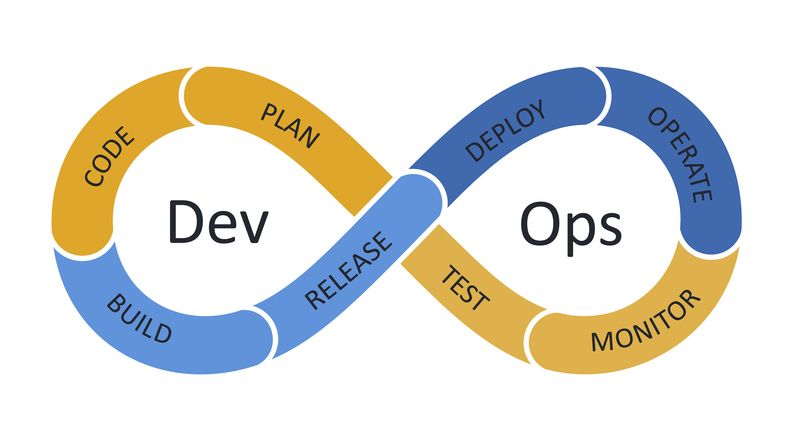Unlocking DevOps: Revolutionizing Software Delivery 🚀
 Shaik Suffiyan
Shaik Suffiyan
Table of Contents 📑
Introduction to DevOps 🚀
Key Concepts in DevOps 🔑
Benefits of DevOps 🌟
Introduction to DevOps
DevOps, a fusion of "Development" and "Operations," is a software engineering methodology emphasizing collaboration between IT operations and software development teams. Its goal? To boost efficiency and effectiveness in software delivery.
Key Concepts in DevOps
Continuous Integration 🔄
- Teams continuously integrate code changes into a shared repository, detecting issues early and ensuring smooth integration.
Continuous Delivery 🚚
- Automates the release process, enabling frequent and reliable software releases.
Continuous Monitoring 📊
- Monitors applications and infrastructure, providing real-time insights for rapid issue resolution.
Automation 🤖
- Automates repetitive tasks, streamlining workflows and reducing manual errors.
Benefits of DevOps
Improved Collaboration 👥
- Promotes cooperation between development and operations teams, enhancing software quality and efficiency.
Faster Time to Market ⏰
- Automation and continuous delivery shorten release cycles, enabling rapid responses to customer needs.
Improved Software Quality ✨
- Early detection of issues and frequent integration result in higher-quality software.
Increased Efficiency ⚙️
- Streamlined workflows and reduced manual efforts to optimize software delivery processes.
Better Risk Management 🔍
- Continuous monitoring and feedback mechanisms aid in identifying and mitigating risks.
Continuous Improvement 📈
- Embraces feedback loops and data analysis to drive ongoing enhancements.
Greater Scalability 📈
- Leveraging cloud infrastructure and automation allows for efficient scaling of applications.
In conclusion, DevOps offers a plethora of advantages, enabling organizations to enhance software delivery, efficiency, and customer value.
Subscribe to my newsletter
Read articles from Shaik Suffiyan directly inside your inbox. Subscribe to the newsletter, and don't miss out.
Written by
